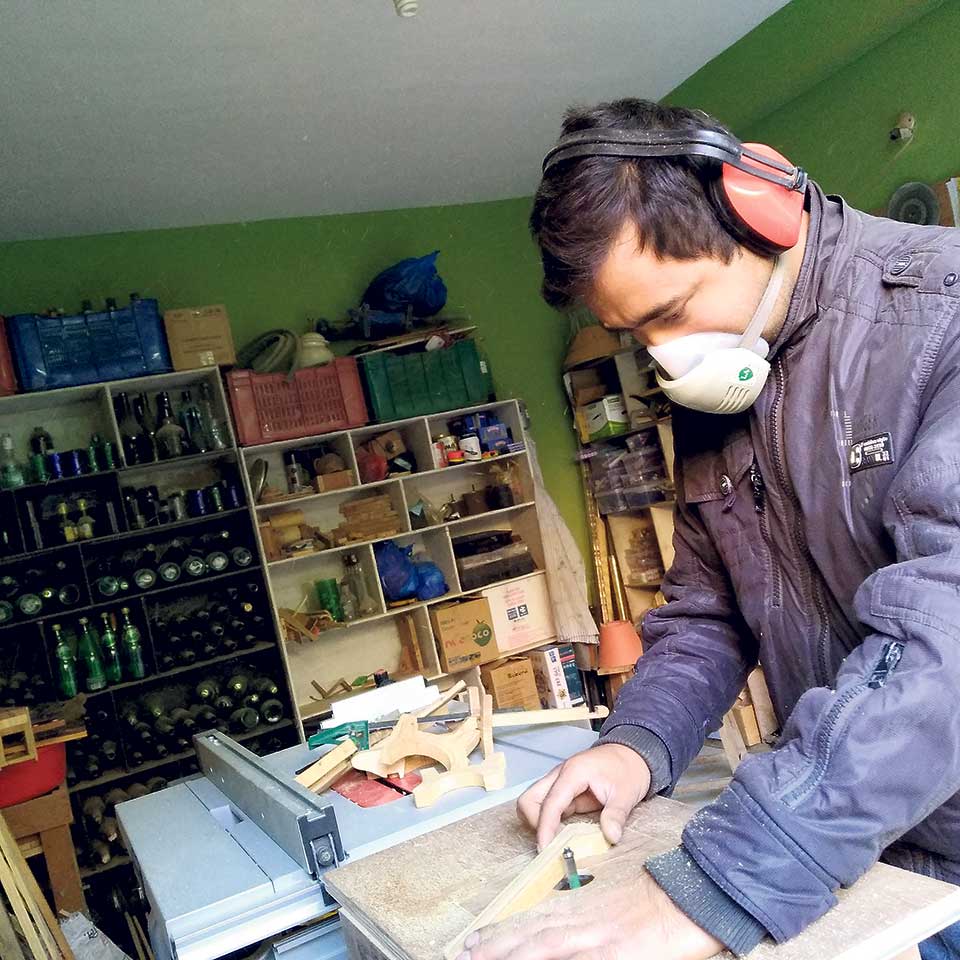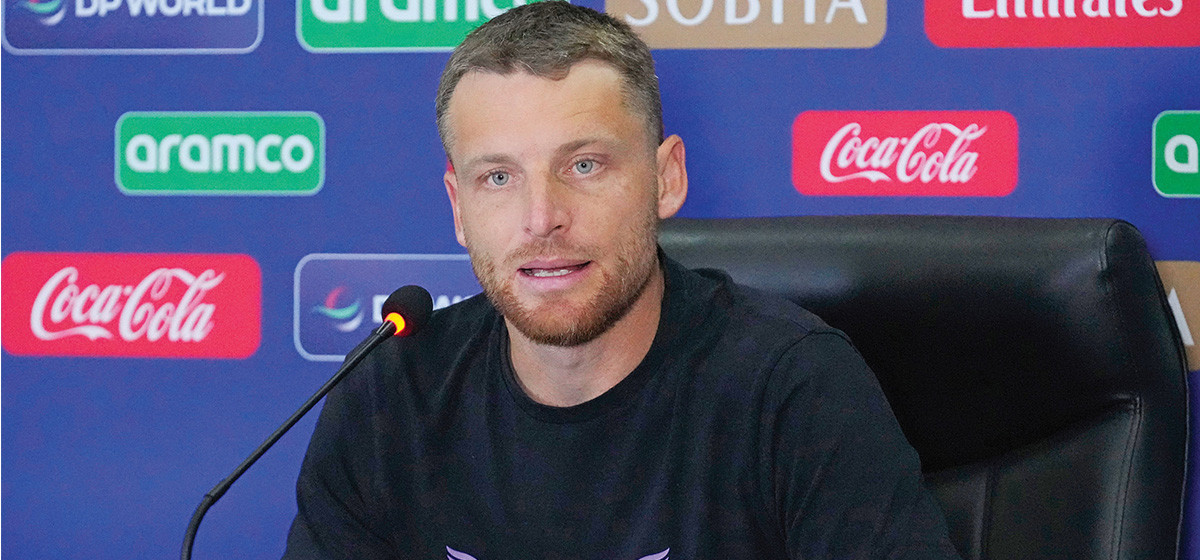The sight of discarded plastic bottles and bags floating in the open drains of Nigeria’s megacity Lagos moved visual artist Adeyemi Emmanuel to despair.
So one day last year he began collecting bits of discarded plastic and used them to make a backpack. Seeing a way to raise environmental awareness in fashion-conscious Nigeria, Emmanuel in November launched a line of bags, wallets and gift boxes made of 20% leather and around 80% plastic waste, called ECO.
He collects chips of used plastic by hand, such as leftovers from picture frames, primarily from craft workshops. He then shapes them to fit his designs, spraypaints them and incorporates them into basic leather bags that he finds in second hand markets or gets from specialist leather shops.
“I just keyed myself into creating something out of that waste,” said the 23-year-old, whose main job is a sculptor.
The bags sell for between 8,000 and 30,000 naira ($22-$83) via Emmanuel’s Instagram account where his creations are seen and shared by his 10,000 followers.
Fashion events in Asia

Plastic waste, in the form of discarded bags, food and drink packaging, is ubiquitous in Lagos, a city of 20 million people where dropping litter is commonplace.
The city’s waterways lead into the Gulf of Guinea, prompting concerns about the amount of plastic entering the sea.
Last week the Nigerian Maritime Administration and Safety Agency (NIMASA) launched a plan to tackle “marine litter and plastic management”. It said Nigeria was ranked the ninth country in the world for pollution of marine environments.
Lawmakers are also drafting a bill aimed at outlawing the production of plastics in Nigeria.
Plastic bags are already banned elsewhere in Africa. Kenya has one of the toughest laws in the world with the production or sale of plastic bags punishable by up to four years in prison or fines of $40,000.
But in Nigeria, where the median age is 18 and the cultural influence of artists can be seen in the success of the Nollywood film industry and Afrobeats music scene, Emmanuel saw fashion as a way to make an impact.
He wants to demonstrate that plastic can be used more than once. He hopes buyers of his products will walk away with not just an attractive bag, but also “a sense of purpose that action is being taken to free the earth of plastic”.
Environmental activist Doyinsola Ogunye said Nigeria has several environmental laws that are simply not being enforced. Raising awareness via art and fashion is a step in the right direction.
“Conversations have started happening which is actually a good thing,” she said.
Emmanuel, who makes all his bags himself, hopes his products start conversations - and he is proud that they sell for a profit.
“I’m still making money from waste, it’s a big joy for me,” he said.




_20200229122426.jpg)




































